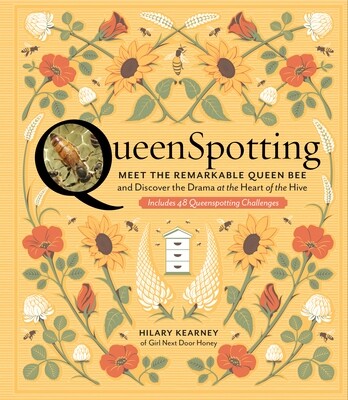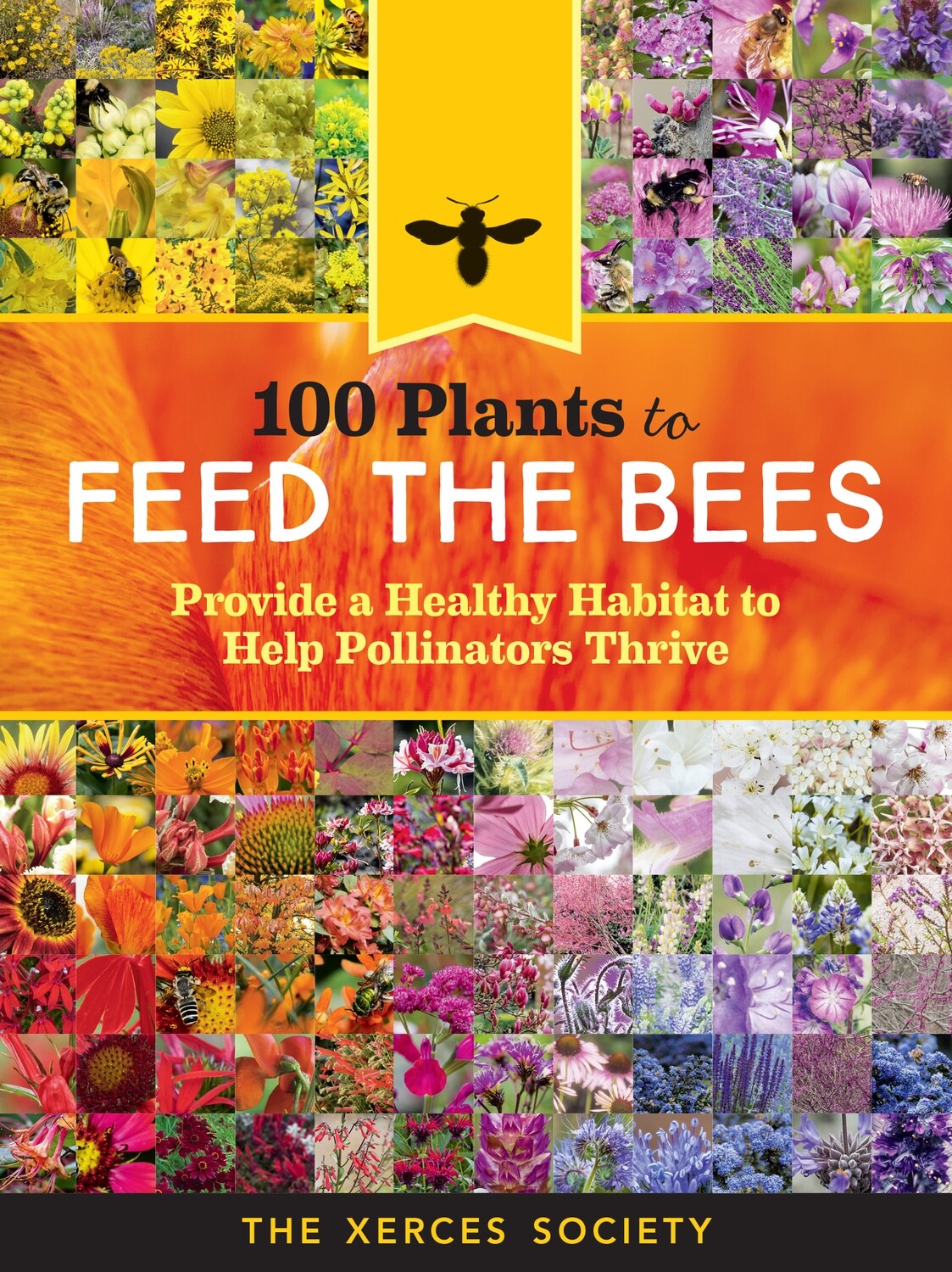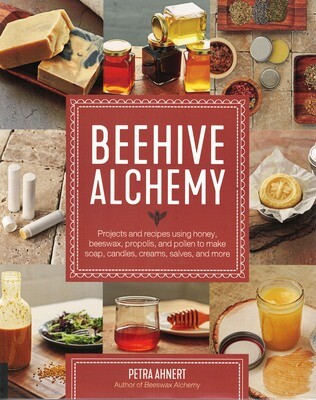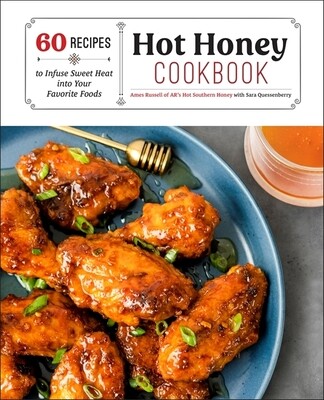
100 Plants To Feed The Bees Book
The first step toward protecting our pollinators is to provide the flowers they need, using no pesticides. With abundant native wildflowers, your task is even simpler: don’t mow them down! This field guide identifies the plants that honey bees and native bees-as well as butterflies, moths, and hummingbirds- find most nutritious, including flowers, trees, shrubs, herbs, and pasture plants. With guidance from the Xerces Society, the global authority on insects and other invertebrates, you can turn your backyard, farm, or community into thriving pollinator habitat.
Each plant profile includes:
Which pollinators visit the plant
The quality of honey the nectar produces
When it blooms
How best to use it in landscape
Planting tips
Spectacular photography




